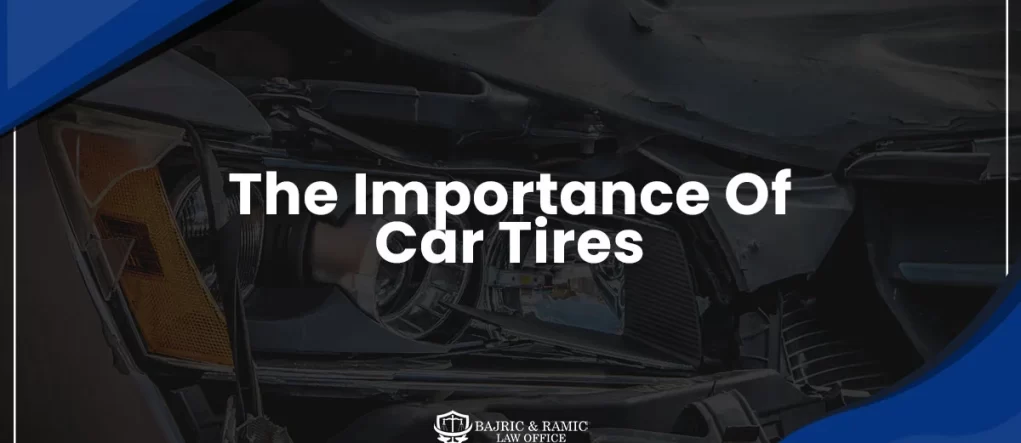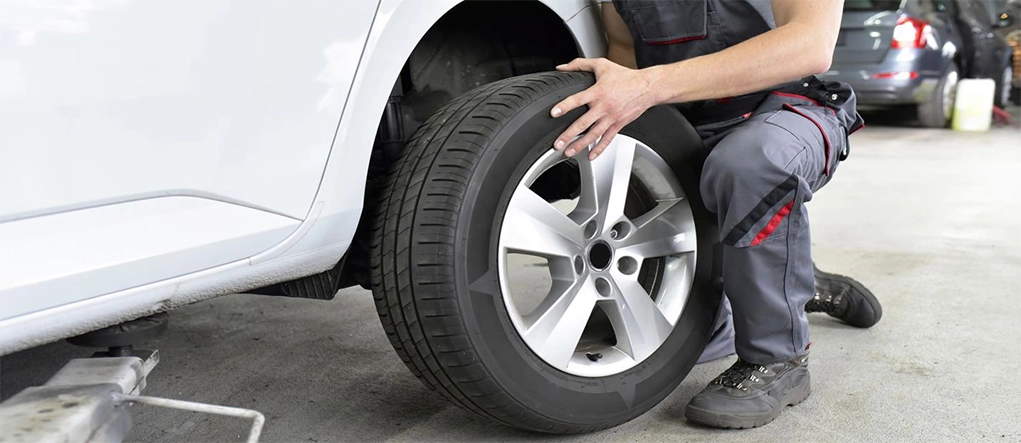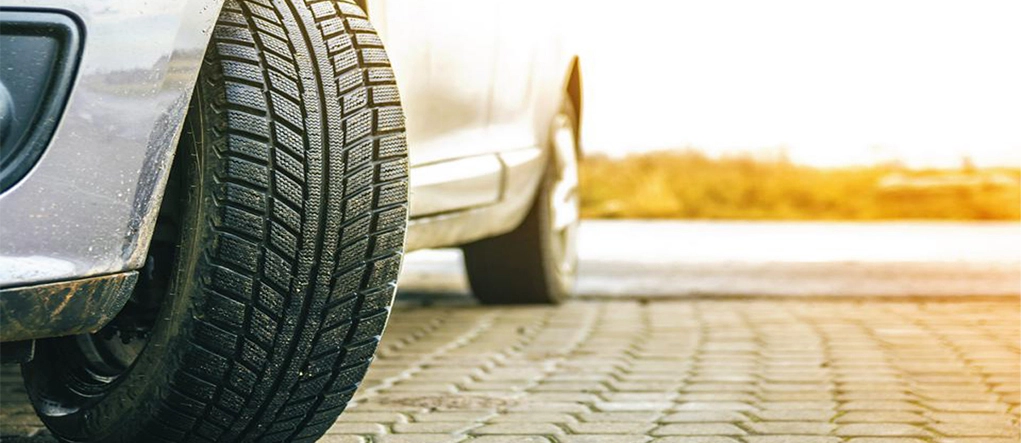The Importance Of Car Tires

We’ll talk about the importance of car tires and when is a good time to change them. Let’s dive right in!
What do you think is the most important part of your car? Steering wheel, brakes, seat belt? Wrong, the most important part of any car is definitely the tires. If we think about it, the importance of tires is crucial because they are the only part where the vehicle touches the surface on which it moves. This means that they direct the operation of the steering wheel, brakes, acceleration and in addition to all that, absorb all the bumps in your way. When you look at it this way, it becomes obvious that quality tires are an extremely important factor when driving any vehicle.

What are the main functions of a tire?
- supports the car: the four tires and the air in them support the weight of the car
- absorbs road bumps: air or nitrogen in tires acts as a spring and thus drastically increases comfort
- traction and braking power transmission: the tires transmit the car’s performance to the ground
- steering: changing the angle at which the tires move affects the direction of movement of the vehicle
Why are quality tires so important and which one to choose?
It is important to choose tires that are suitable for the conditions in which you drive most often. Of course, today there is a wide range of different types of tires available on the market, but they do not all provide the same level of performance in all conditions, so you need to carefully choose the right one.
Some tires provide much better traction in wet weather or on snow, while others provide comfortable and almost silent movement of the vehicle at high speeds, and result in more favorable fuel consumption. Many people have a habit of buying cheap and unreliable tires to save on price, but this is a miscalculation. Cheap tires tend to wear faster, can increase fuel consumption and do not provide satisfactory traction.
Therefore, it is important to choose quality tires that are above all a guarantee for a safe and comfortable ride. Bad tires can reduce the performance of your car, increase stopping distances and increase the risk of slipping. Furthermore, underinflated or worn tires increase fuel consumption and CO2 emissions.

When to change a tire and how long does it last?
There is no clearly defined rule when tires should be changed. Their lifespan largely depends on the way they drive. So, if you drive in the city and do a lot of braking and accelerating, the tires will be exposed to more effort and wear faster. In addition, in order for the tire to last as long as possible, it needs to be properly maintained.
The first step in this is to check the tire pressure regularly. You can find the optimal tire pressure on the driver’s door sills and in your car’s manual. Always inflate your tires when they are cold and do so at least once a month. If the tire gets a big hit, as a result of a larger hole in the road, “riding” the curb or notice something unusual, such as a tire with significantly lower pressure, visit a specialist in a tire shop.
We hope you found this article useful. If you need legal help, contact us!
Schedule Your Consultation Today
Fields marked with an * are required
"*" indicates required fields


